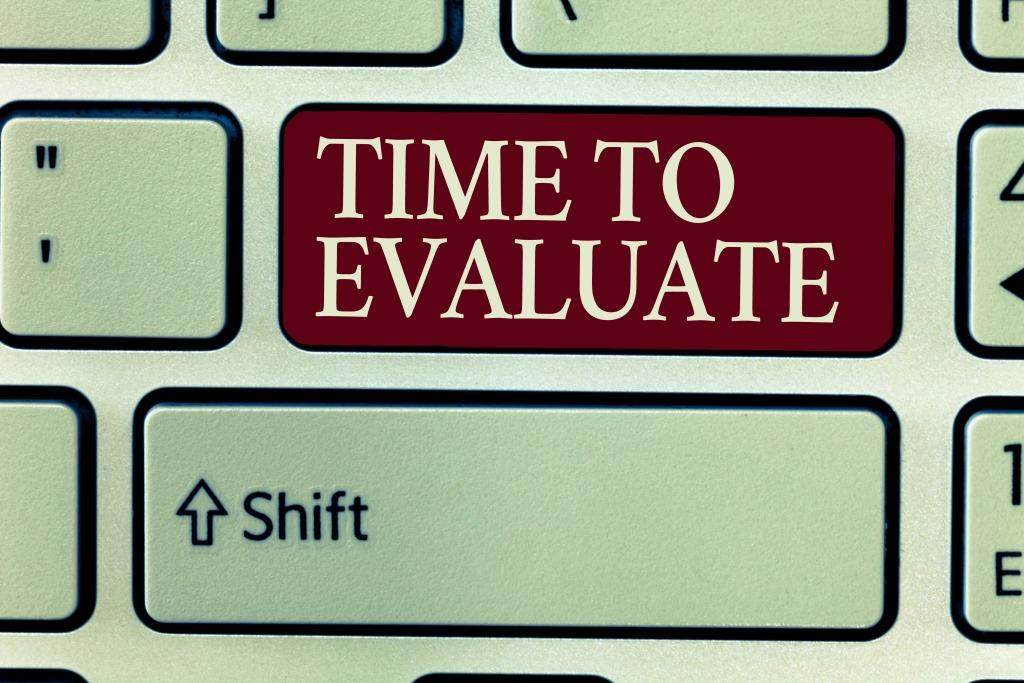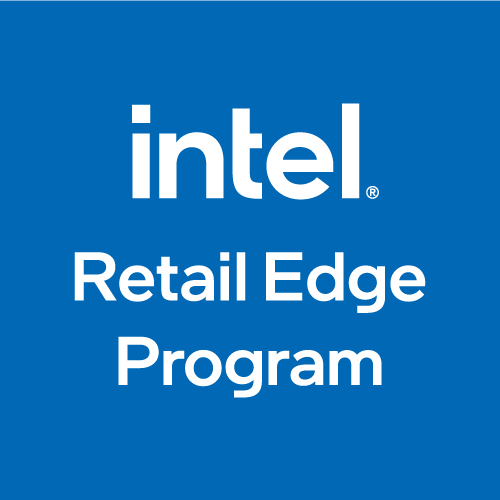2/4/22

According to the 2021 Training Industry Report, U.S. companies spent $92.3 billion in training expenditures in 2020-2021. Employers spent about $1,071 per learner, and large retailers and wholesalers had the highest average of training hours provided (266). With figures that high, you can't leave the success of your training program up in the air and its impact unknown.
A few top goals for retailers include:
Training programs should be designed to support business goals. The concept sounds simple, but how do you know that your training programs are successful?
Associates can spend hours training, but if their behavior doesn’t change to meet your business goals, then the time spent training is for naught. Training associates is an investment, and as with any investment, you measure its growth. If one investment isn’t producing the desired results, you don’t continue to pour money into it. Employee training is no different.
There are many reasons you need to measure the success of your training program and any training campaigns. Here are a few.
A lot rides on the success of training efforts. Its effectiveness impacts the immediate and long-term success of businesses and employees. A lack of training can cost a company more in the long run, as high turnover rates lead to unnecessary expenses, lower productivity, and poor morale and engagement.
A lack of training can cost businesses more in the long run, as high turnover rates can lead to unnecessary expenses, lower productivity, and poor morale across the board. Associate training programs can keep your team engaged and happy while improving their sales skills.
Stakeholders need to see that training programs provide actual results. The only way to show that a training program has a positive impact is through reporting and assessments. There are many ways to measure the effectiveness of a program and its ROI. The critical point here is to use one of them.
Another reason you want to measure success is to ensure that you're getting a clear view of how a program changes employee behavior. Training is about more than just developing in-depth product knowledge. While that's certainly important, your associates have to learn a myriad of new sales-focused skills to reach their full potential.
To get a non-subjective glimpse at how the program influences your team, you must turn to data and reports. One of the best ways to measure hard and soft skills is by creating a feedback loop. A third-party mystery shopper can gather metrics and test your team in a real-world setting. The process is subjective and shows you—and other essential stakeholders—how the training program makes a difference.
While there are many established training methods worth trying, not every technique will work for your team. Retail training is a complex endeavor. In addition to practical job-related skills, your associates need to know about the PCs and related technologies they sell and how to deliver exceptional customer experiences.
The key to success is to improve your training program until you get the desired results. It should be an ever-evolving effort that continually improves over time. How do you determine what needs to change? Through training metrics and analytics!
You can gain valuable insight into what your associates learn through pre- and post-training assessments. Evaluate existing topic knowledge with a pre-assessment before starting any training campaign. Afterward, use a post-assessment to see if an increase in knowledge was achieved.
These pre- and post-assessments are beneficial to the associate and your training program team. Associates can determine their growth, and your team can use the results to identify knowledge gaps and areas for improvement. It analyzes overall efficiency, which is crucial when making changes or assessing ROI.
Through regular evaluation, you can gauge the success of your training programs and track the growth of your associates. It's not enough to hope that training results in better sales. With the cost of training, gathering data to prove its worth is paramount.
The Intel® Retail Edge Program is an empowering educational platform and community that gives retail associates the tools they need to create success on the salesfloor as they guide customers to the best PC for their needs. The Program measures success in multiple ways throughout the year, helping you see positive changes in your team and your bottom line.
Check out the Intel® Retail Edge Program today to see how it can benefit your retail associates and improve sales.
Notices and Disclaimers
© Intel Corporation. Intel, the Intel logo, and other Intel marks are trademarks of Intel Corporation or its subsidiaries. Other names and brands may be claimed as the property of others.
